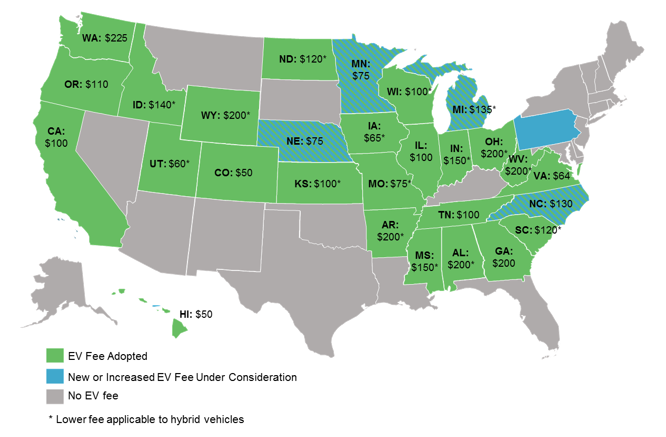I'm not sure any part of the US tax system has been fair or simple, at least not during my 40+ years of life. If it was, we wouldn't hear about Warren Buffett (from the mouth of Warren Buffett) paying less in taxes than his secretary, or various other millionaires and billionaires regularly bragging about paying no taxes.
Does it? I grew up on a farm about 10 miles from the Mississippi River in northeastern MO, but like many folks in the area my dad's "day job" was in Quincy, IL.
Every morning and every night there was and still is a line of cars stretching across the bridge from Quincy (IL) to the gas stations in West Quincy (MO). According to Gasbuddy.com, the current price disparity is $0.50/gal, but I remember this being a regular occurrence even when I first started driving and gas hovered around $1/gal and the difference between the states was much smaller.
I suspect there are many border areas where drivers, especially those with big fuel tanks to fill and/or gas-guzzling vehicles, will spend a few minutes or miles to save money on fuel, thereby paying their fuel tax in a state they don't live in and barely drive in.
My ICE car gets a decent 40+ mpg on the highway, but when we drive long distances I plan my fuel stops to hit cheaper stations in cheaper states. There's a high-cost state we drive through on multiple annual visits to my sister's house that I don't think I've ever filled up in and therefore never paid fuel tax in, despite driving a decent amount (for a non-resident) on the state's roads each year.

